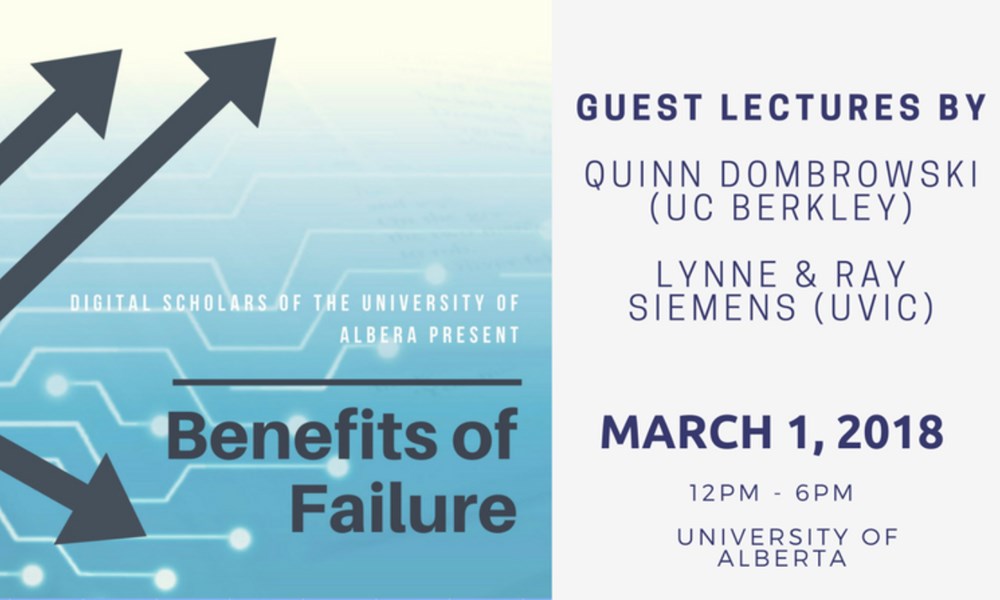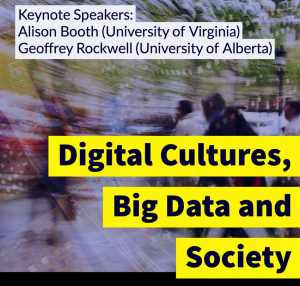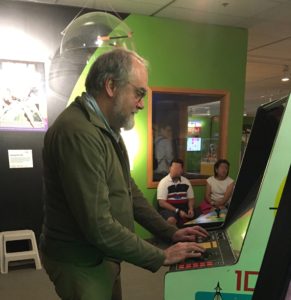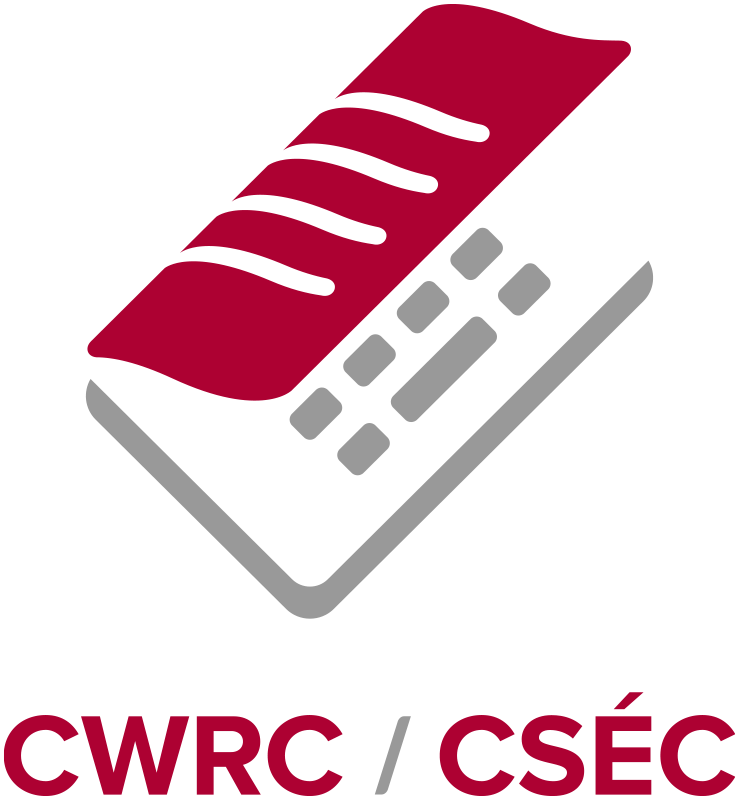Today the Kule Institute for Advanced Study (KIAS) hosted a panel discussion on More Conferencing, Less Carbon. The discussion took place on site and online on your YouTube channel.
At this panel discussion Trevor Chow-Fraser of the Office of Sustainability announced the release of Moving Ideas Without Moving People a toolkit on running e-conferences at the University of Alberta. This toolkit was co-authored by Trevor Chow-Fraser, Chelsea Miya and Oliver Rossier and was based on the KIAS experience organizing our Around the World e-conferences.
What is at stake is the greening of research. We need to try and adapt different forms of video conferencing and live streaming to our conference/workshop needs in research. We need to depend less on F2F (face-to-face) conferences where everyone flies in. We need to confront the carbon costs of flights and how habituated we are to flying for research.



